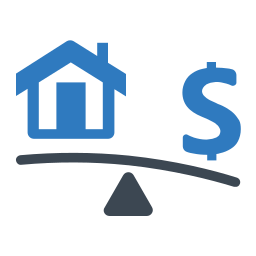Chapter 13
When debts become overwhelming, many people seek one of two types of bankruptcy to get debt relief, depending on their income and needs.
For example, people with low incomes and minimum assets generally choose to file for Chapter 7 bankruptcy. Chapter 7 eliminates (discharges) the debt in an approximately 4 months without the need to pay creditors.
On the contrary, people who have a significant income or who wish to protect valuable assets will file for bankruptcy under Chapter 13. In exchange for debt relief, these debtors pay their disposable income to their creditors in the course of a plan of three to five years.

Eligibility of Chapter 13 Bankruptcy. Chapter 13 bankruptcy is not for everyone. Here are some requirements that you should know in advance.
Payment Plan under Chapter 13
The main component of your Chapter 13 case is the plan payment that will be presented to your creditors and the court. Among other things, the plan must take into account each of your debts (secured and unsecured).
Your creditors and the Chapter 13 trustee will have the opportunity to object to your proposed plan. If you can make changes to everyone's satisfaction, the court is likely to approve (confirm) your plan at the confirmation hearing. However, you will not wait until confirmation of the plan to start paying your monthly payment. Your payments will begin the month after you file for bankruptcy.
Here are some examples of debts you will pay in Chapter 13 bankruptcy.
Although the duration of the plan payments depends on the income factors, most debtors will have a five-year plan. The only exception is that there is a three-year plan available for people who qualify to file a Chapter 7 case, but instead choose to file for bankruptcy under Chapter 13, perhaps to save a house or car, or to pay a priority debt, such as mortgage arrears, child support or taxes. Even so, because the monthly payment will often be significantly lower for five years, it is common for debtor to opt for the more extended plan, mainly because it increases the likelihood of the court confirming the plan..
Contact one of our representatives to determine what type of bankruptcy is most effective for you and your family.
